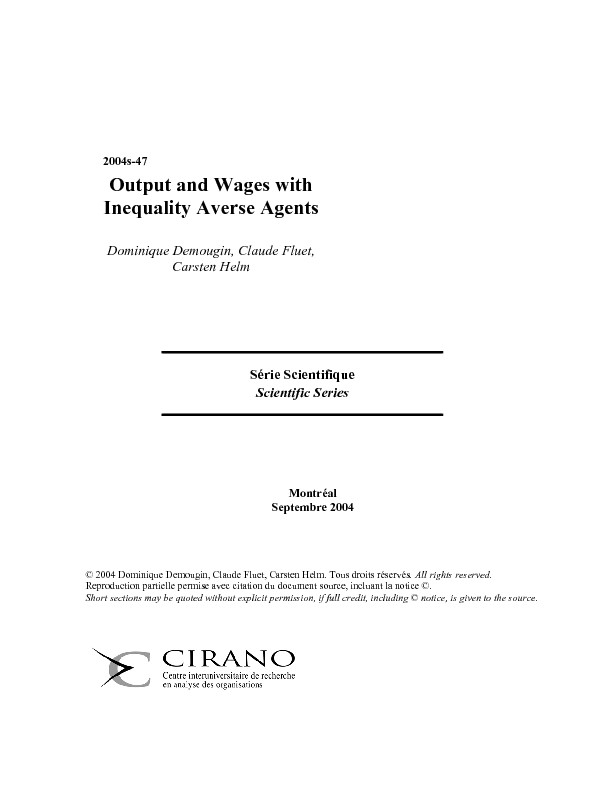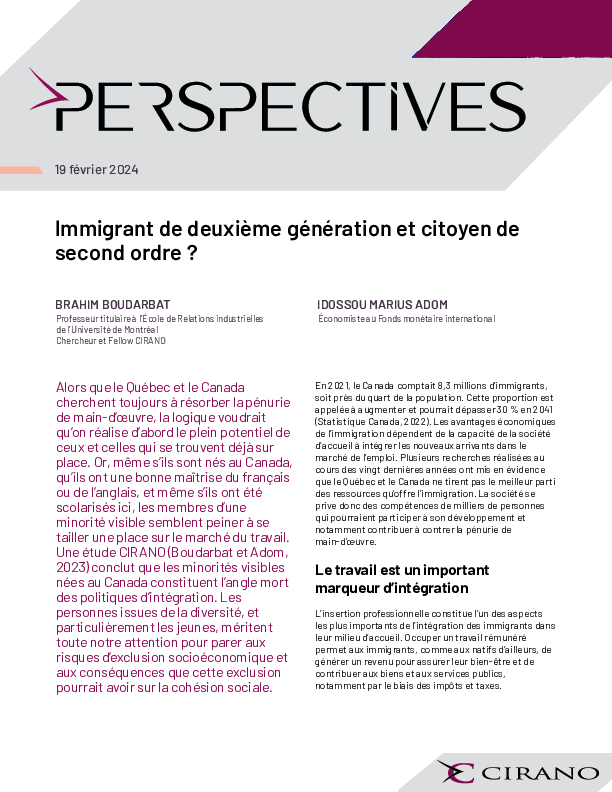Output and Wages with Inequality Averse Agents
We analyze a two-task work environment with risk-neutral but inequality averse individuals. For the agent employed in task 2 effort is verifiable, while in task 1 it is not. Accordingly, agent 1 receives an incentive contract which, due to his wealth constraint, leads to a rent that the other agent resents. We show that inequality aversion affects the optimal contracts of both agents. Greater inequality aversion reduces the effort, wage and payoff of agent 1, while the effects on the wage and effort of agent 2 depend on whether effort levels across tasks are substitutes or complements in the firm's output function. However, more inequality aversion unambiguously decreases total output and therefore average labor productivity
[ - ]




